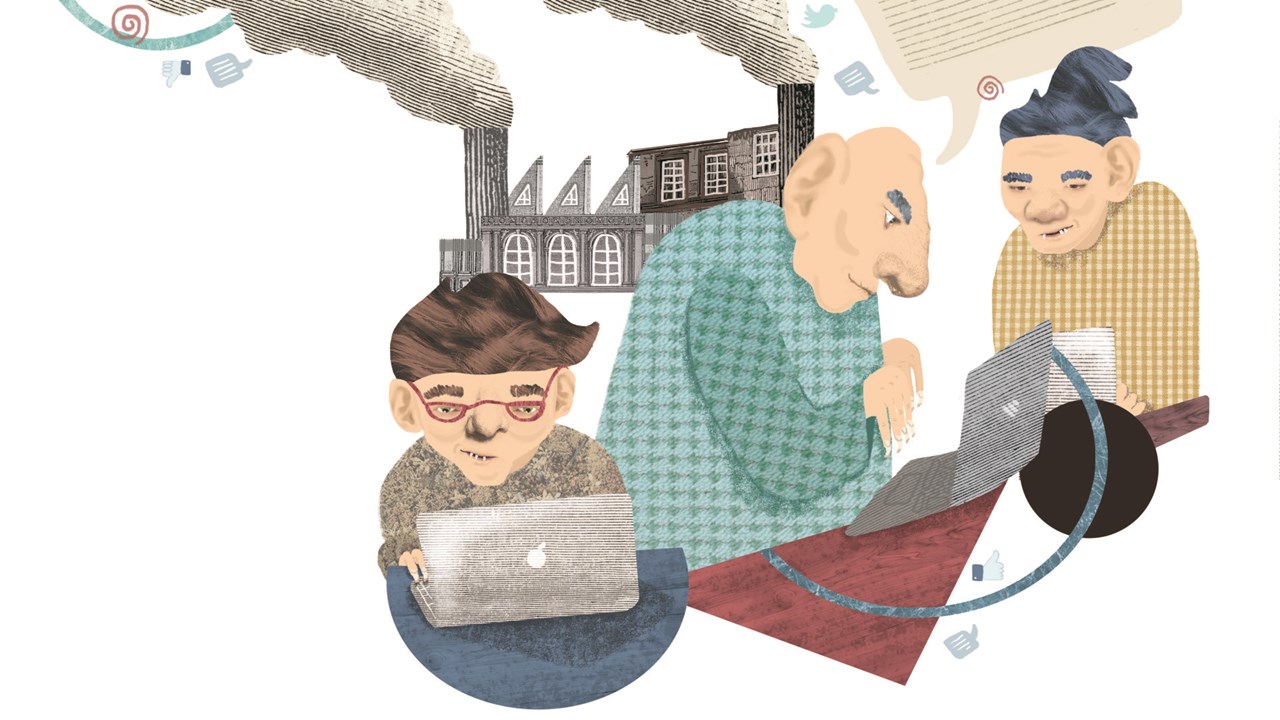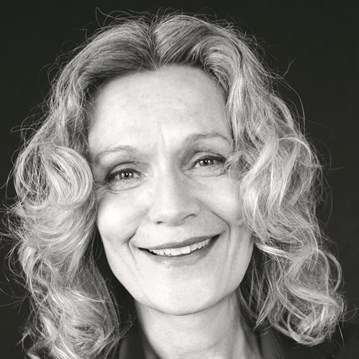Toning down trolls' significance
The role of Facebook as an uncritical conveyor of fake news in the American presidential election has been heavily criticised. The company has promised to increase transparency to make it more difficult to use the network for political purposes. Going forward, users should be able to spot what news originates from troll factories.
Your responsibility too
Take it easier. Never share something you haven't read or thought through. If you are unsure of the source or the truthfulness, refrain from sharing.
Question more. If you see something questionable or fake that others are sharing, inform them of its potential false nature.





